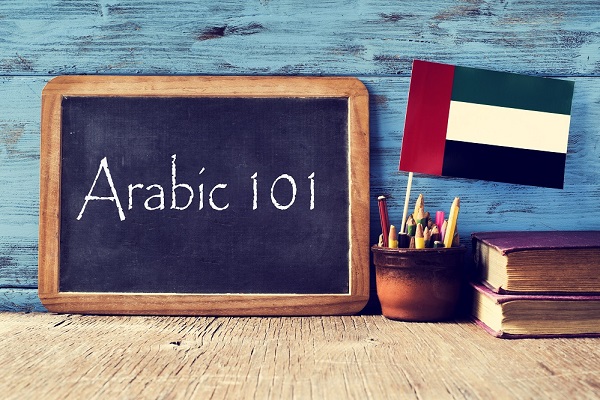By: Dr. Ali Mohamad
Over the past decade as an Arabic content consultant in the GCC region, I have been asked by hundreds of clients to translate some content into “Saudi Arabic” or “Arabic of Dubai”. On a few occasions, I was even asked to rewrite some Arabic content written in “Lebanese Arabic” into “Emirati Arabic”.
If my tone of voice hasn’t already told you that there is no such a thing as local registers in Arabic language, here it is: There is no such a thing as local registers in Arabic language.
But in my clients’ defense, it is our fault as Arabic linguists that such information is not available for non-Arabic speakers. So here is my two cents.
Fus’ha or colloquial?
What non-Arabic speakers, especially media professionals, should know, is that Arabic is a diglossic language. Diglossia means that how you speak is quite different from how you write and read. In Arabic, all Arab countries read and write in Fus’ha Arabic, which means either Classical Arabic (CA) or Modern Standard Arabic (MSA) (See below). However, each region speaks its own unique dialect. The differences between Fus’ha and dialect are not minimal as they are in Latin or Indo-European languages: They include a 100% different set of vocabulary, radically different syntax*, and a completely different pronunciation of every single word one may say.
While Fus’ha Arabic is unified across all Arabic speaking countries and regions, colloquial can differ to the extent that a person from Sudan may seriously fail to understand Moroccan colloquial Arabic. Further, a single country, even as small as Lebanon, may have tens of different colloquial variants.
So, it is important to understand that colloquial Arabic is an umbrella term for hundreds of unwritten variants of spoken Arabic. They are not registers, and they are never used in written content, not even in social media posts**. Arabic content is always written in Fus’ha.
Are there Local registers?
If you look at MS Word or SDL Trados Studio and see things like Arabic-UAE or Arabic-Egypt, do not jump to the conclusion that these are different registers of Arabic language. These are merely technical terms used to govern locale settings in computers and, for no good reason at all, in translation memories. There is no difference in the text engine whatsoever, nor there is in spellcheck standards or any other linguistic aspect. Again, Arabic has no local registers in the full sense of the word, at all.
Fus’ha: Classical Arabic vs Modern Standard Arabic
Now we come to the other side of the little discussed equation: Should we request Arabic content in Classical Arabic (CA) or Modern Standard Arabic (MSA)?
As of today, it will make absolutely no difference at all to request your Arabic content in either of these two variants. In fact, very few Arab linguists know the difference between the two, and even fewer know how to adapt content from one to the other. We at House of Content issued the very first attempt to define MSA and write preliminary guidelines to differentiate the two variants (please see the whitepaper on this link). However, there is still much work to be done in this regard before we can start to talk about content written in this variant or that.
To simplify things, MSA is what is actually used in all modern Arabic media. It is what the term Fus’ha actually means today. The funny fact is that everyone uses it, but most people just call it Classical Arabic.
Here is another interesting fact: Classical Arabic is not Quranic Arabic. The form of Arabic used in Quran is a third variant of Arabic, but it is not as far from CA as it is from MSA.
Conclusion
If your brain is hurting by now, I will try to simplify it for you:
Arabic content is written in Modern Standard Arabic, it is unified across all Arabic speaking countries. When it comes to Arabic content, the differences between one region and the other are merely in culturally sensitivities. They are not in the language itself.
Dr. Ali Mohamad is the Managing Director of House of Content
* Colloquial Arabic does not have any syntax rules
** Personal social media accounts do use colloquial, but official accounts representing brands, businesses, or entities do not and are strongly advised not to use colloquial, even in private messaging.





